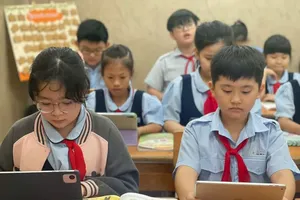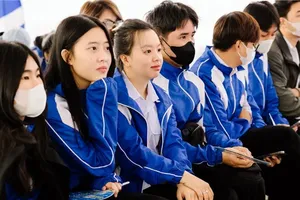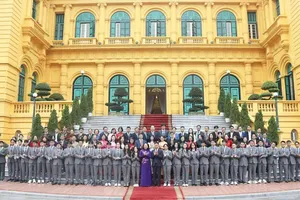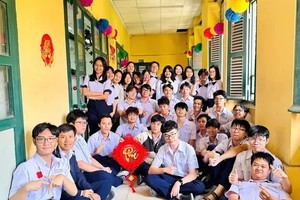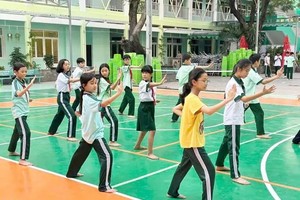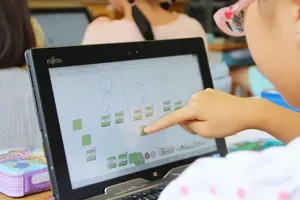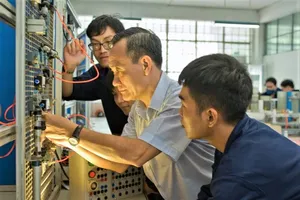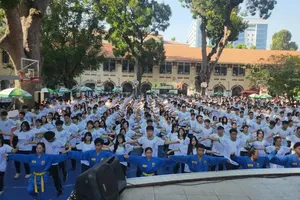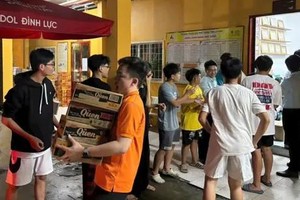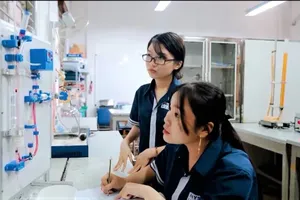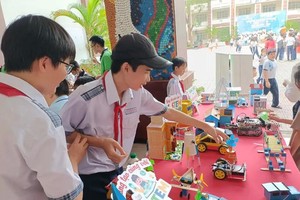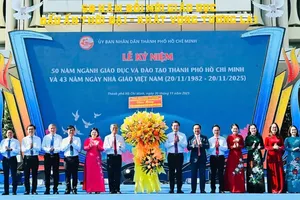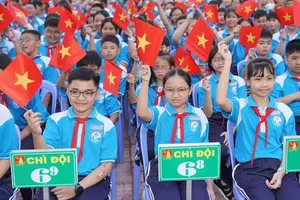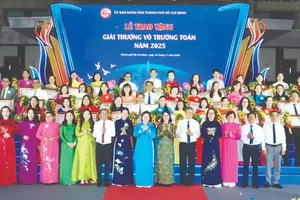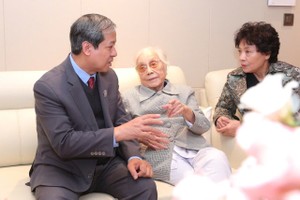Technical universities in South Vietnam are on the look out for students as they are increasingly finding it difficult to motivate students to study for any major in their university.
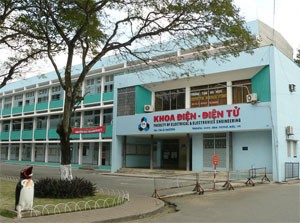
Departments of education and training in the country will complete receiving university application forms for universities by tomorrow and will transfer these forms to universities for the upcoming entrance examinations.
Of the 29,000 applicants in the South representative office of the Ministry of Education and Training, 20,300 students (70 percent) prefer to study economics and technological subjects in universities, while only 3 per cent wish to follow technical programs.
From the 16,000 applicants for the Ho Chi Minh City University of Industry received so far, 20 preferred to study Mechanical Engineering, 35 preferred Heat Engineering and Refrigeration and 30 preferred Garment and Fashion Design while around 500 preferred Accounting and Business Administration.
More worrisome is the fact that even a leading university like Ho Chi Minh City University of Technology (HCMUT) is not attracting students. Of the 5,000 applications received only 10 are for Industrial Maintenance, 20 for Garment and Textile courses and 12 for Material Techniques.
Faculties like Industrial Technology and Automation Technology in the University of Technical Education have received less than 10 applications.
The situation is the same in the Nong Lam University (University of Agricultural Engineering) although it is one of the universities in the country receiving many applications. A few students have registered for agricultural engineering and automation engineering here.
Dr. Huynh Thanh Hung, deputy director, said students do not choose these subjects, as they fear hard work while Dr. Nguyen Tien Dung, chief of the Training Division, blamed the vocational courses as not being good enough.
However, Hung said students from these faculties easily found jobs after graduation with high salaries.
Meanwhile, the departments of education and training in the North said Option A students (those who opt to take an examination in math’s, chemistry and physics) make up most of the majority. Hanoi received 53.12 percent of Option A students next only to Option D (foreign language, literature and math’s) with 24.13 percent, Option B (math’s, chemistry and biology) with 13.54 percent and Option C (literature, history and geography) with 4.44 percent.
Students coming from the northern mountainous provinces of Bac Kan, Yen Bai, Son la, and Lao Cai preferred to choose Option C.
This year, students understand their own academic abilities before applying to these colleges. Besides, local universities have become more attractive to university candidates. This shows that this year students are much more aware of their own capabilities for the most important examination of their lives.
